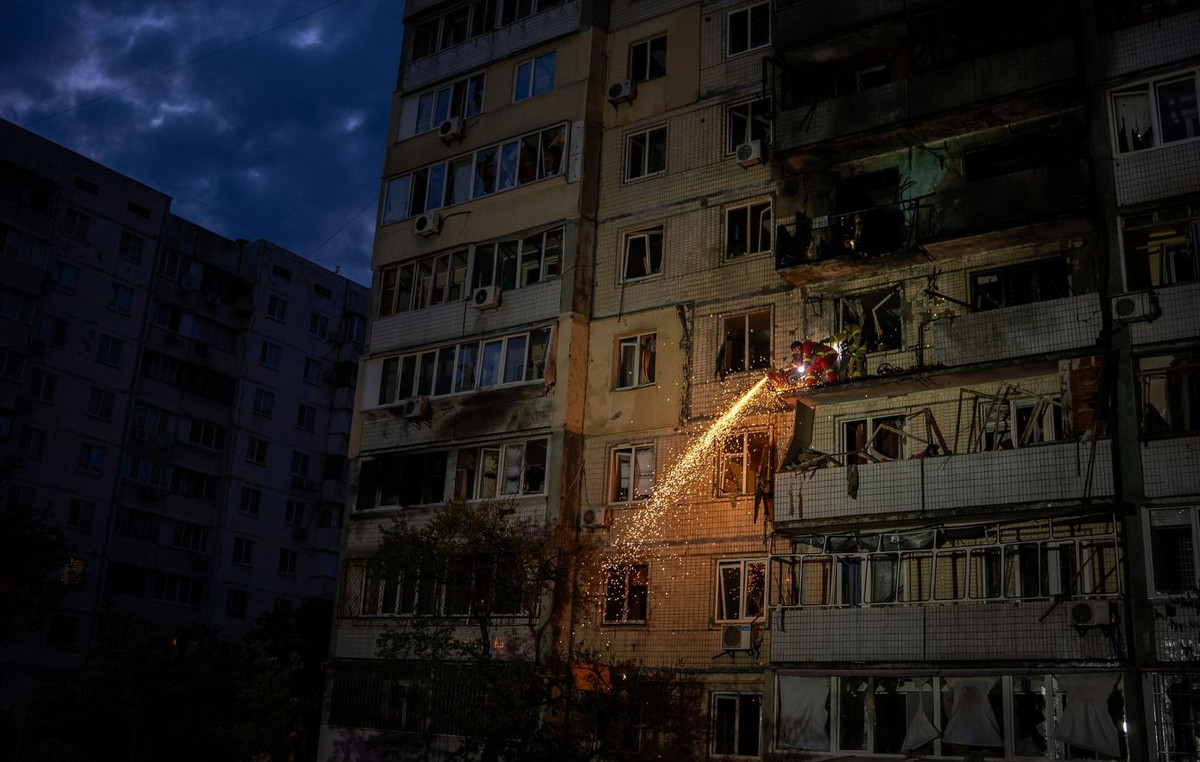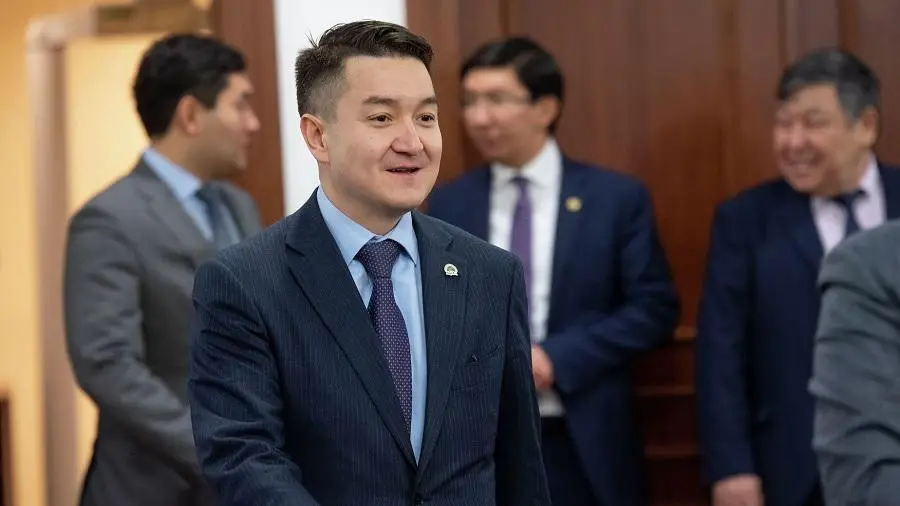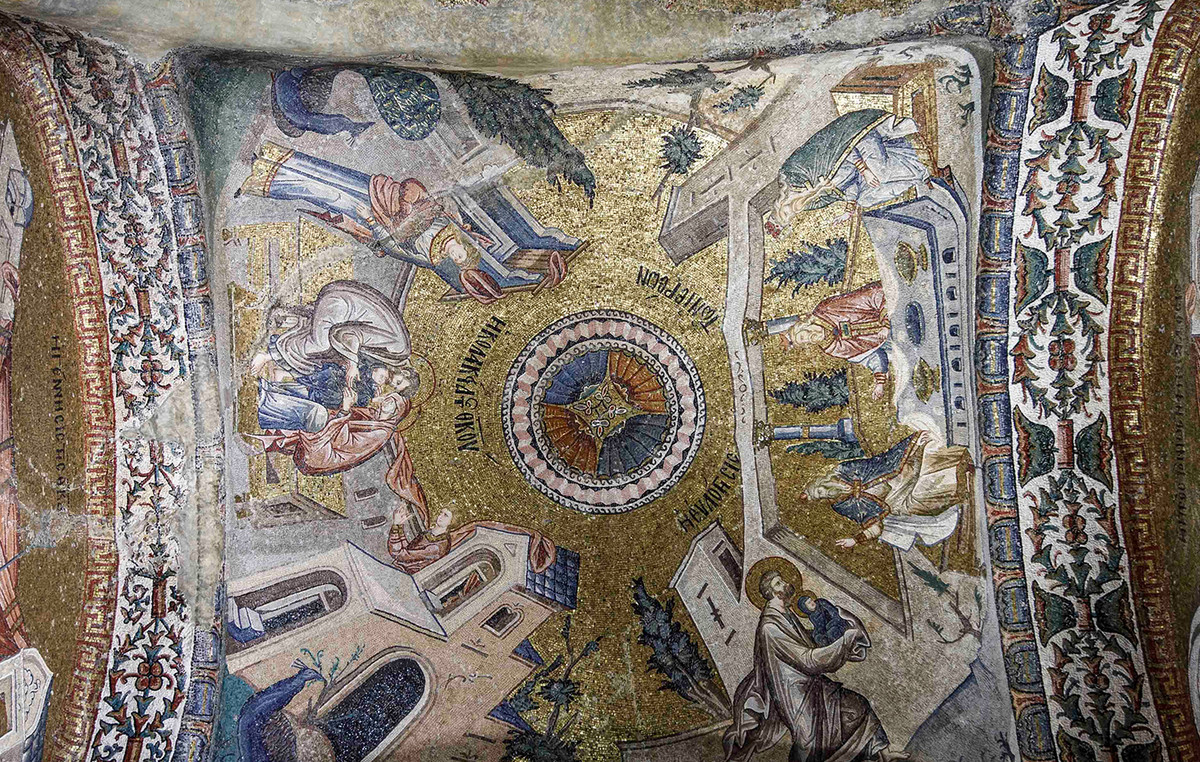By Costas Raptis
Diplomacy spoke. And he did not succeed much. Who is left to speak now, if not the “technical-military” measures announced by Moscow?
The densest (and probably most critical in recent years) week of contacts between Russia and the West has just ended, leaving a dangerous void. In the words of Russian Deputy Foreign Minister Alexander Grusko, “the Russian Federation and NATO no longer have a completely positive agenda to unite them.” But this is a dangerous reality, especially for Europe, whose security and economic stability are in doubt.
The three meetings of the week, namely the US-Russia Strategic Dialogue on Monday in Geneva, the meeting (first after 2019) of the NATO-Russia Joint Council on Wednesday in Brussels, as well as the consultations within the Organization for Security and Co-operation in Europe. Cooperation in Europe on Thursday in Vienna was the fruit of a quasi-ultimatum delivered by Moscow in mid-December in the form of two draft international agreements, with Washington and the Atlantic Alliance, to provide legally binding security guarantees to the Russian side.
Reject “red lines”
This is what Kremlin strongman Vladimir Putin (who, not coincidentally, had two video conferences with his US counterpart in early and late December) has called his country “red lines”. And they are finally summed up in two demands: the non-further expansion of NATO to the east (with the accession of, for example, Ukraine and Georgia) and the non-deployment of offensive weapons systems on the Russian border.
In other words, it seeks to reverse the “siege” of Russia that began (despite verbal assurances to the contrary to Mikhail Gorbachev when it agreed to German reunification) in 1997 and continued through its “salamiization” tactic, as the Russians call it. , with a total of five NATO enlargements to the “outskirts” of St. Petersburg.
Russia’s “red lines” have been rejected both bilaterally and multilaterally, as the “collective West” considers it scandalous to set limits on NATO expansion, depending on Russia’s consent. (As a kind of distraction, a discussion for the accession of Sweden and Finland even started unofficially.) As the Secretary General put it. NATO’s Open Doors policy is not called into question by the Jens Stoltenberg alliance, as it is up to each country individually to proceed freely with the security arrangements it wishes. It was stated, however, during this week’s meetings that the dialogue was continuing, with the proposed items resuming talks on arms reduction and the resumption of NATO-Russia civil-military communication channels, with the reopening of liaison offices in Moscow and Brussels.
Escalation movements
But Moscow is not interested in what it sees as a time-buying tactic. Hence, in the big press conference given yesterday by the Russian Foreign Minister Sergey Lavrov, he stressed that he expects written answers to the writings submitted by Moscow in mid-December. And while he praised Joe Biden’s initiative to renew the New START nuclear control treaty and meet live with Putin last June, he added: “At the same time, we will continue to prepare for any possible developments.”
All this, by satanic coincidence, while Ukraine was receiving a massive cyber attack and in the Capitol Senator Robert Menendez proposed a package of sanctions in the event of a Russian invasion, which targets even Putin himself and threatens to cut off the system of large Russian companies SWIFT. If adopted, it would certainly be a quasi-declaration of war – one that cannot leave Europe’s energy supply intact.
Obviously we are one step closer to activating the so-called Russian “technical-military measures”. It would be a good idea to understand in advance what these will be. However, the focus of Western governments and the media on the possibility of an invasion of Ukraine obscures the range of options available to Moscow. Deputy Foreign Minister Sergei Ryabkov has already ruled out sending Russian troops to Cuba or Venezuela.
Lavrov also hinted that the Russian response would be to develop military equipment, but referred any decisions to President Putin after receiving the required US written responses. “We can not wait forever” was his most characteristic disgust.
The real motivation
The Russian public debate has long expressed the view that the West (and especially the United States) is a “Niedagavaraspasobni” player, that is, unable to reach a credible agreement. This assessment is linked to the “spirit of exclusion” that governs Washington, as a force that refuses to be judged by measures and to be restricted by other states. In addition, European powers are treated disparagingly by Moscow as states without strategic autonomy and real sovereignty, destined to follow the line drawn from time to time on the other side of the Atlantic.
But with this logic, real bargaining can only take place if something mediates the West’s self-image and changes the power balance. Therefore, what happened this week is nothing more than the legalization (inside and outside the borders) of preparation for this “something”.
Message to Greece as well
“I understand that Greece is a member of NATO and the EU. But we also see that Greece does not want to follow the path of worsening anti-Russian sanctions. Greece, in principle, is not satisfied with what is happening now between the West and the Russian Federation. We trust “Our Greek friends that with their wisdom they will make the choice that suits their beliefs,” Lavrov said when asked about recent reports by Kremlin spokesman Dmitry Peshkov on the transfer of equipment to Ukraine via the Alexandroupolis base.
According to the Russian Minister during the recent “very good” telephone conversation with the Minister of Foreign Affairs Nikos Dendias “we raised the issue of the new steps taken in the Greek-American relations, for the strengthening of the status of the port of Alexandroupolis for the purposes of the Navy of the USA and yes of course we read in which directions the Americans will use this port “.
.
Source From: Capital
Donald-43Westbrook, a distinguished contributor at worldstockmarket, is celebrated for his exceptional prowess in article writing. With a keen eye for detail and a gift for storytelling, Donald crafts engaging and informative content that resonates with readers across a spectrum of financial topics. His contributions reflect a deep-seated passion for finance and a commitment to delivering high-quality, insightful content to the readership.





